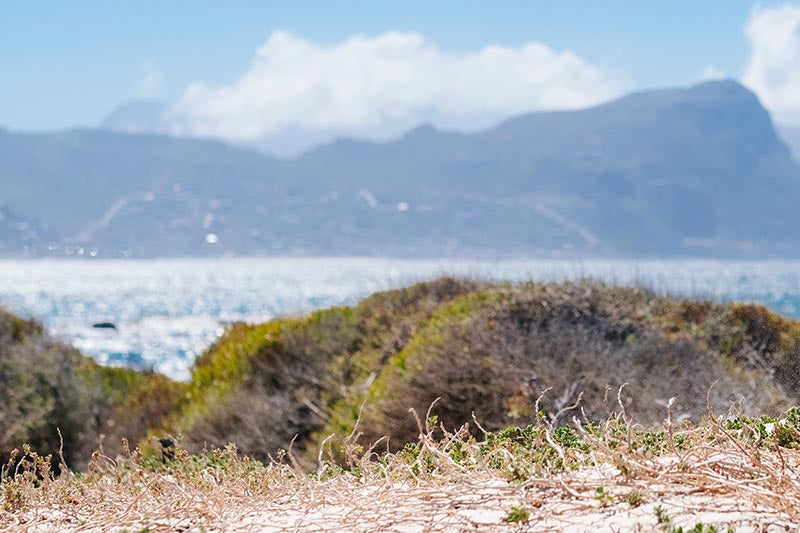Conservation Is Cool. Here's Why...

Worldwide, New Zealand is known as ‘clean and green’. We’ve sold this image to the rest of the world for decades, but sometimes, it looks as though we’re kidding ourselves. Although we may appear to have lots of greenery, clean roads, recycling policies, and all the rest of it; New Zealand still struggles when it comes to conserving our environment and protecting our biodiversity.
Forests, reefs, and oceans are affected negatively by our actions. As a country who prides ourselves on the ‘clean and green’ tagline, it’s about time we stepped up our game and started living it. There are simple things we can do to conserve and respect our beautiful country, and live up to our ‘clean and green’ ideology.
1. Forestry

Before We turned up, it is predicted that forests took over 80% of New Zealand’s total land area- literally covering the place! Now, only 25% of New Zealand’s land area is forest, due to land clearance and logging. It’s important to know that forests don’t simply describe the trees themselves. Forests support an expansive array of unique ecosystems, including indigenous bird species, and other wildlife. The biodiversity in forests is huge, but it’s decreasing with time, and humans hold a lot of the blame.
Currently, it is illegal to replace private native forests with other exotic forest types or pasture. The government issued a Forests Amendment Act in 1993, declaring that wood products may only be produced from forests with sustainable management plans and permits. The issue with forestation now stems from forest fragmentation and contamination. Forests are largely affected by foreign plant species and animals.
ACTION:
- When you’re walking through native bush, stop at the sign posted stations to scrub and spray your boots with council operated cleaning stations. This is particularly to protect our Kauri trees; a native New Zealand treasure.
- Stick to the paths.
- Avoid stepping on tree roots.
- Clean your shoes before and after walking through forests.
- When travelling overseas, clean your shoes extra carefully before coming home to New Zealand. Shake out your clothes before you pack them, and be cautious of leaving all insects, wooden objects, shells, and other natural items behind- they can carry species and microspecies to New Zealand that our unique ecosystems cannot handle.
2. Reefs

There’s no arguing that reefs are among the most economically valuable (not to mention beautiful and diverse) ecosystems on Earth. Reefs are a source of food to millions of people, provide protection for coastlines from erosion and storms, offer a habitat and nursery for fish species, income for fishermen, recreational activities, and tourism. With tourism being New Zealand’s largest export industry in terms of foreign exchange earnings, reefs are particularly important to us kiwis.
Yet, the toll of climate change, paired with an ongoing lack of education around how to protect our reefs, means they are being threatened.
ACTION:
- Be a responsible tourist. Avoid touching the reefs, and control your flippers and dive gear.
- Don’t purchase coral souvenirs.
- Plant trees. Due to their root power, they reduce runoff into the ocean, which can damage reefs.
- Boycott damaging fishing methods- more about this in the next section.
- Choose environmentally friendly hotels. Hotels are often close to shore lines and can have a huge impact on the environment.
3. The Ocean

The typical New Zealander is known as a ‘beach bum’. We spend so much time enjoying the ocean, but we far too often disconnect our actions with the longevity of our ocean fun.
Plastics appear in every ocean around the world. Pieces of plastic can be sharp, bristle, and toxic, damaging our marine life who confuse it with food; or are exposed to seeping chemicals. Think of that seabird who gets caught up in disgarded fishing gear; or the turtle with a plastic straw up its nose through no fault of its own. Plastics are an ongoing problem, and if we wish to continue enjoying being beach bums, there are some crucial habits we need to change.
ACTION:
- Boycott commercially caught fish, seafood and their by-products. The fishing industry is the biggest contributor to plastic in the ocean via intentionally discarded nets and lost gear.
- Say see-ya to plastic packaging at supermarkets. Instead, visit wholefood stores and farmers markets.
- Refuse plastic wrapped samples at fairgrounds and concerts.
- Get involved in beach clean-ups; and shout from the roof-tops when you do! Use your beach clean-ups to spread education.
- Use a front-loader washing machine (reducing the amount of micro plastics emitted into the ocean when you wash your clothes, read more details about what we mean here).
New Zealand can keep its ‘clean and green’ mantra, if we are willing to change and adopt green habits. Our country is too damn gorgeous to waste, and it's ultimately the small daily habits of us, the people, which can make the most change.
- Tags: Basic Eco Tips
0 comments

